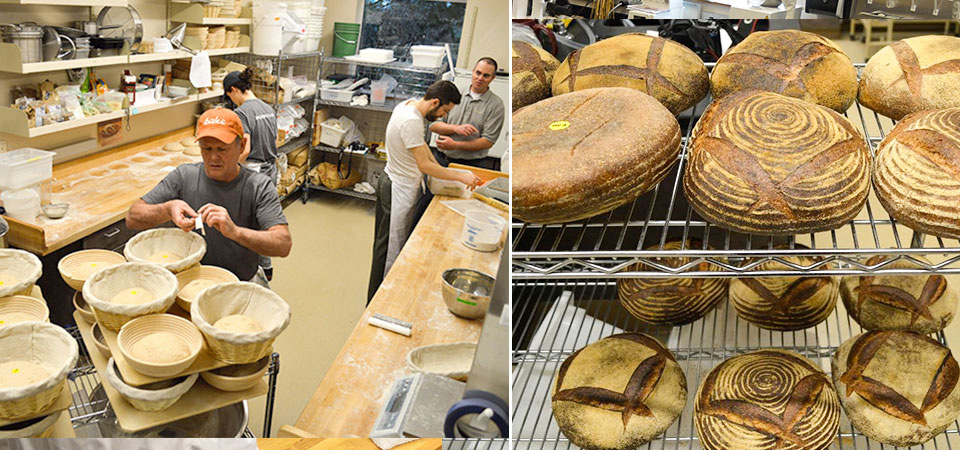The Bread Lab

“If there’s one thing to say about Western Washington’s Skagit Valley, home to that little Bread Lab that’s smashing everyone’s ideas about wheat….it’s that these people are jacked on farming.” Cassandra Landry, Editor in Chief, Mise Magazine
The Bread Lab
When bakers and chefs discovered that wheat varietals number in the tens of thousands, and that flour, milled fresh from the whole grain, brings out distinctive flavors, the Bread Lab was the next logical step. Dr. Stephen Jones, the founder and director of the Bread Lab, designed the mission to combine science, art, curiosity, and innovation to move forward whole grain milling, baking, cooking, malting, brewing and distilling using regionally available grains. “The skilled baker can make the perfect anything with white flour,” commented Dr. Jones. “Whole wheat is more challenging.”[1] To this end, the Bread Lab works with local farmers, millers, and entrepreneurs as well as national corporations such as Chipotle and Patagonia Provisions. The La Conner High School wanted help introducing local whole grains into their biscuits and cookies; Chipotle wanted to remove additives from their tortillas. In both cases the criteria was the same: use whole grain flour and make them taste great.
The task before Dr. Jones, a plant geneticist, Jonathan Bethony, the Lab’s resident baker, and the Plant Breeding Program’s doctoral students is to select from the thousands of wheat varietals (or barley or oat) that are trial tested each year in the WSU Research Center’s experimental fields. They base their choices on how well the varieties perform for the farmer, and then narrow the selection to the ones that work for the producer – the baker, chef, brewer or distiller – and that appeal to the eater, the final judge.
“What sets The Bread Lab apart from almost all other chef-driven labs chipping away at what is possible in the realm of food—the Nordic Food Lab, the Momofuku Culinary Lab—is that they exist, first and foremost, for the farmers, not for culinary advancement. It may appear, based on their passion for bread, that it’s all about reclaiming flavor, but it has to work in terms of yield, in terms of cost, and ability to sell. Nutrition, flavor, everything else gets wrapped up into that package.” Mise Magazine.
The Bread Lab’s areas of focus include the following research and development categories:
- Plant Breeding – developing superior regional varieties through traditional breeding methods that focus on flavor and nutrition;
- Production – selecting varieties suited for regional climates to maximize yields and grower profitability;
- Processing – identifying grain varieties that produce quality flours, and identifying milling and processing techniques that preserve wholegrain nutrients;
- Consumption – connecting the consumer back to their local producers through a healthy and flavorful eating experience.
In each step The Bread Lab faculty, doctoral students, and staff provide continuous evaluation through rigorous, scientific assessment; concurrently, the resident baker in the Lab’s bakery conducts hands-on experiments to explore the flavor and performance of each grain line.
Bread Lab research is redefining bread and taking the lead in a national movement to restore whole grain culture and products to America’s mealtime experiences.
[1] Dr. Stephen Jones, The New York Times, June 17th, 2015.